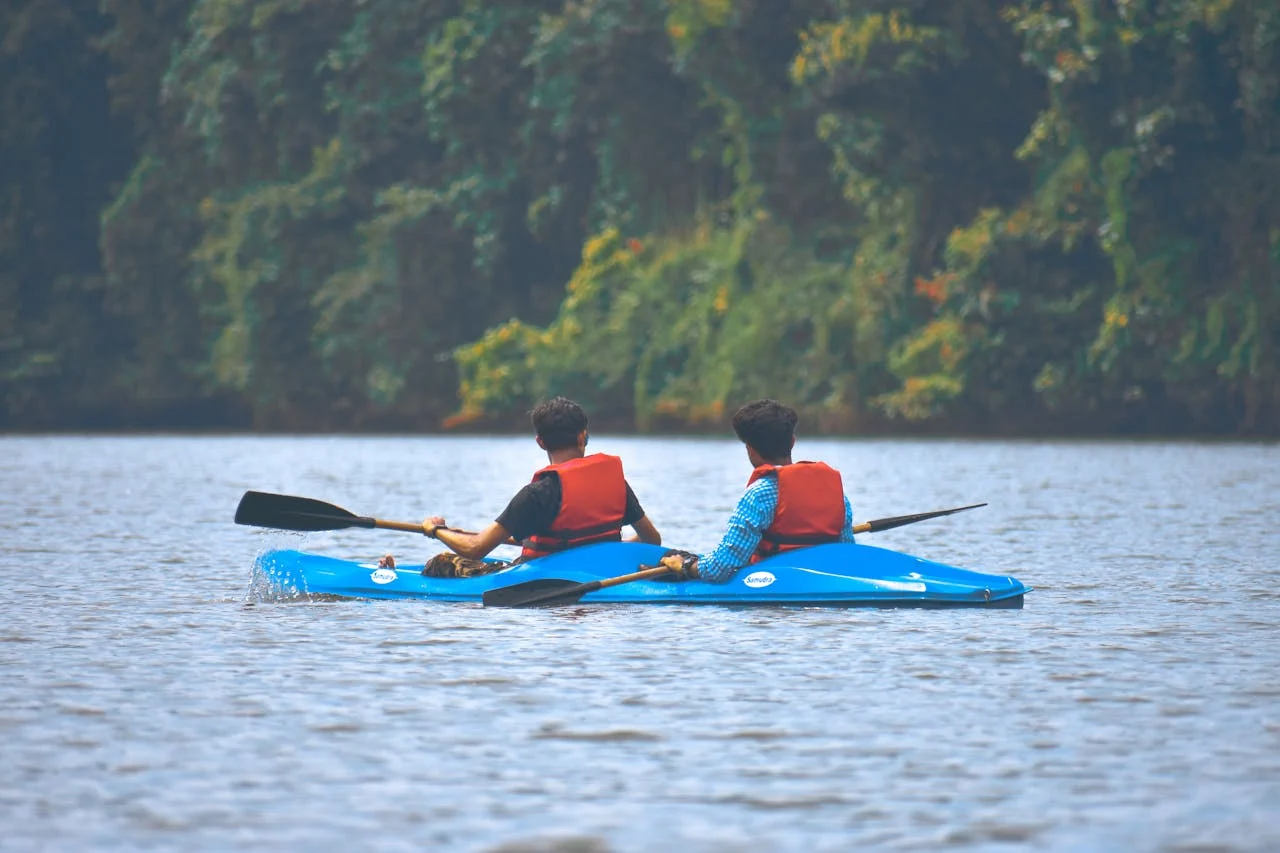Regarding outdoor adventures, hauling your gear is often one of the most important considerations. Whether embarking on a weekend camping trip or a cross-country road trip, having the right trailer can make a huge difference in your experience. Two popular options for transporting your equipment are backpack trailers and traditional trailers. While both serve the same basic purpose—providing extra storage for your gear—key differences between the two may make one a better choice for your needs.
What Are Backpack Trailers?
Backpack trailers are compact, lightweight trailers that are designed to be easily towed behind you or by a bike. They usually have simple designs and frames that can be folded up, which makes them easy to store and move when not in use. Backpack trailer is ideal for those looking for a trailer that doesn’t take up too much space and is easier to maneuver, especially in tight or rugged terrains.
One of the standout features of backpack trailers is their versatility. They can be used for various outdoor activities, such as camping, hiking, or even off-roading. These trailers are designed to carry light to moderate loads, often featuring sturdy compartments and racks for securely holding gear such as tents, sleeping bags, coolers, or bikes.
What Are Traditional Trailers?
Traditional trailers, on the other hand, are larger, more robust trailers designed for heavier-duty use. These trailers often have a fixed frame with greater weight capacity and are built to carry larger amounts of cargo. Whether you’re hauling an RV, heavy equipment, or several mountain bikes, traditional trailers can handle much more weight and size than backpack trailers.
Traditional trailers come in various shapes and sizes, including enclosed trailers, utility trailers, and cargo trailers. Based on the model, they might have ramps, sides, or even storage spaces built to make loading and unloading your stuff easier. These trailers are typically towed behind larger vehicles, such as trucks or SUVs, and are ideal for longer trips where you’re carrying a substantial amount of equipment.
Pros and Cons of Backpack Trailers
Pros:
- Compact and Lightweight: Backpack trailers are designed to be lightweight and easy to store. Their small size makes them perfect for users with limited storage space or those who don’t want to tow a large, cumbersome trailer.
- Easy to Maneuver: Backpack trailers are easy to pull, even on rough terrain or in small spaces, because they are small and light. Whether navigating a narrow forest trail or squeezing into a small parking spot, a backpack trailer won’t be a burden.
- Versatile: Backpack trailers can be used for many things outside. They make it easy to carry your gear without putting too much on your car, whether you’re going camping or on a bike tour.
Cons:
- Limited Cargo Capacity: Backpack trailers are great for lightweight gear, but can’t handle as much cargo as traditional trailers. A backpack trailer might not be sufficient if you’re planning to carry large items or heavy equipment.
- Less Protection for Your Gear: Most backpack trailers lack traditional trailers’ enclosed, weatherproof design, meaning your gear is exposed to the elements.
Pros and Cons of Traditional Trailers
Pros:
- Greater Load Capacity: Traditional trailers can haul much heavier loads, making them the better option for extended trips or transporting large amounts of gear, including motorized vehicles, multiple bikes, or heavy camping equipment.
- Better Protection: With enclosed models, traditional trailers offer more protection from the weather, keeping your belongings dry and secure. This is particularly beneficial if you’re traveling in unpredictable weather conditions.
- Durability: Most of the time, traditional trailers last longer and are more durable than backpack trailers because they are made to handle oversized loads and rough terrain.
Cons:
- Bulky and Difficult to Maneuver: Due to their size, traditional trailers can be difficult to maneuver in tight spaces, especially if you don’t have a larger vehicle to tow them. They can also be more challenging to park, especially in areas with limited space.
- Storage Issues: Traditional trailers require more storage space, which can be problematic if you live in a smaller home or apartment with limited room for parking.
- Higher Fuel Consumption: Due to their larger size and heavier weight, traditional trailers can put more strain on your vehicle, leading to higher fuel consumption.
Which One Is Right for You?
Your needs will determine whether a bag or a regular trailer is best for you. A backpack trailer could be perfect if you’re an avid adventurer who likes to journey with less gear. It’s small, easy to store, and great for people who only want to bring the most essential things on short trips or weekends.
A standard trailer, on the other hand, is probably better if you need to take a long road trip or move bigger, heavier things. Traditional trailers are great for people who need to haul big loads or go on long trips because they have more space, better safety, and last longer.
There are pros and cons to both types of films in the end. If you think about the trip and the gear you’ll be bringing, you can make a wise choice that will make your outdoor adventures better for years to come.










